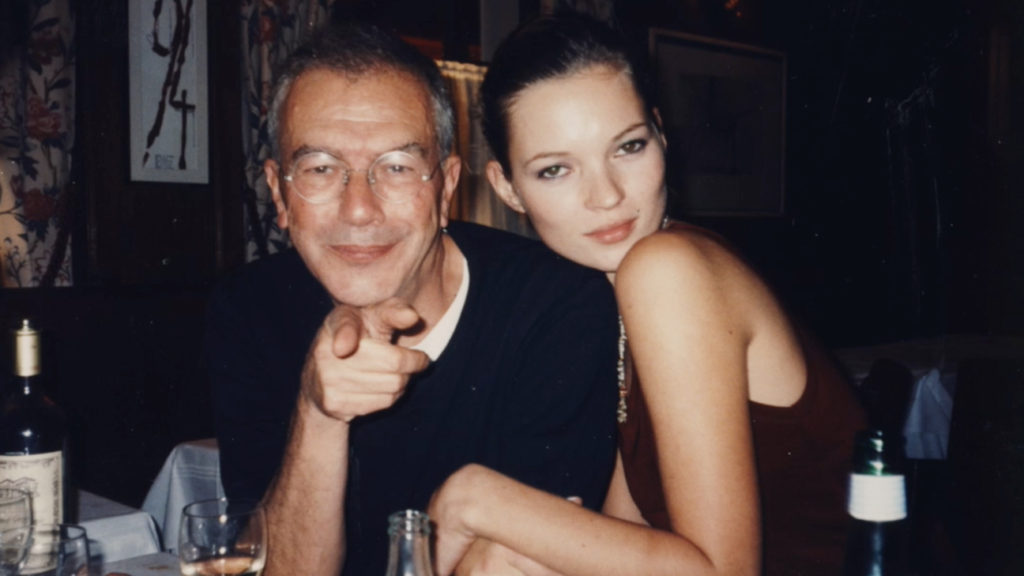The Last Impresario review
 Gracie Otto’s feature debut, The Last Impresario, introduces its subject, producer Michael White, by showcasing the extensive roster of famous folk he has known throughout his life. It’s clearly supposed to be seductive, and it may well work for many, but I wonder if White rubbing shoulders with a few celebs is really that interesting.
Gracie Otto’s feature debut, The Last Impresario, introduces its subject, producer Michael White, by showcasing the extensive roster of famous folk he has known throughout his life. It’s clearly supposed to be seductive, and it may well work for many, but I wonder if White rubbing shoulders with a few celebs is really that interesting.
An audience’s interest in the whole first section of The Last Impresario will likely rest on how beguiling they find the sheer number of celebrities that White was friends with, and just how famous many of these people are. Talking head interviews with these celebrities are supplemented by a number of incredibly candid photos taken by White himself.
Never without a camera it seems, White has amassed a huge number of photos in his private collection, showing off celebrities such as Kate Moss, Naomi Watts, Pierce Brosnan, Nicole Kidman, Johnny Depp, all of them shot when apparently at their most relaxed.
After this star-studded opening section comes the film’s The Last Impresario’s most engaging passage, exploring White’s work as a theatrical and later movie producer. As we’re shown, he brought John Cage and Merce Cunningham to London for the first time, produced shows from Yoko Ono and Pina Bausch, and pushed at the boundaries of censorship with shows such as Oh! Calcutta!
White certainly added a great deal to the rich history of stage arts, and also appeared to balancing this reasonably well with an understanding of the commercial, therefore keeping his endeavours financially possible.
On the other hand, one of his biggest hits was The Rocky Horror Show and he pretty much gave away those rights in a deal that, as presented here, seems to have worked out very well for every other party than White himself. Otto tries to discover why White made this deal, but he gives her the brush off. He seems reluctant, in fact, to answer quite a few of her questions.
The Last Impresario catches White at a moment in his life when he is getting over a stroke and his speech and perhaps his memory too appear to be failing him. A long list of medical appointments are read out at one point, leading White to comment that he really is very ill, but Otto doesn’t manage to reveal anything deeper about White’s current condition or what it means for him. Why are we getting such a guarded view of someone famed for his candid snaps of others?
As the film moves into its final act we are finally told more about White’s early life. Hints at what may have led to both his success and his playboy lifestyle begin to emerge, and it’s heavily implied that his being isolated as a young boy was instrumental, but this all feels like it comes far too late, and it’s nonetheless presented without much depth or insight.
The Last Impresario is at times interesting and occasionally sad or bittersweet, but it’s rarely an in-depth or revealing look at what might have been a rather fascinating subject. Otto’s approach is never particularly journalistic or thorough, and many areas of White’s life, such as his drug habits, are hardly covered at all. The film may have been intended to put White’s biography on screen, but without the necessary rigor to give this approach any worth, it all ends up feeling rather lightweight.
The Last Impresario will be in UK cinemas from the 26th of September.